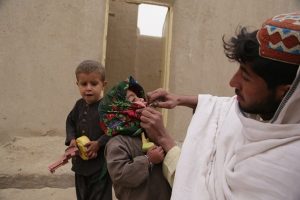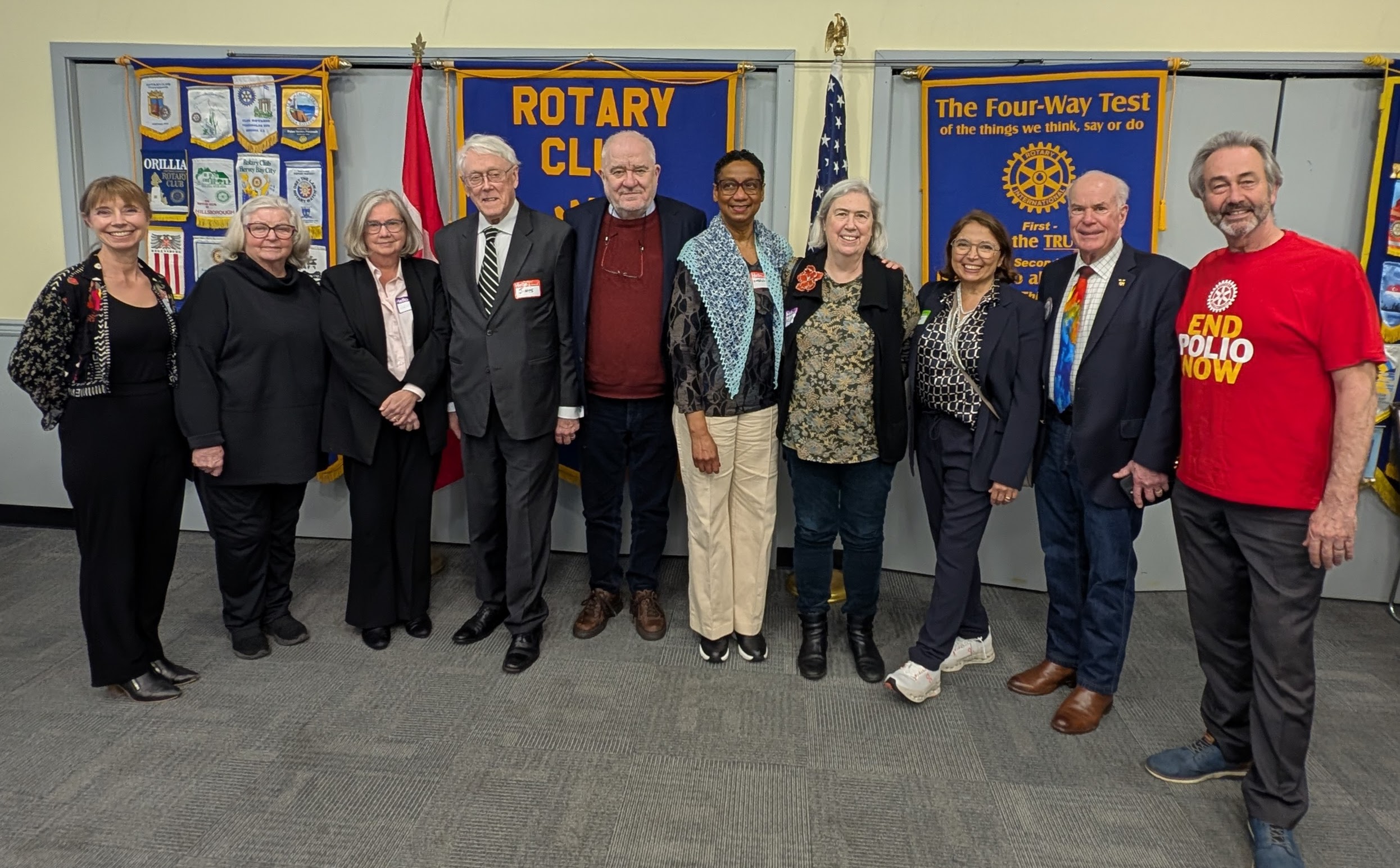
Ministers of Foreign Affairs from the Organization of Islamic Cooperation (OIC) have advocated for continued mobilization towards the eradication of polio and encouraged potential donors, including the OIC Member States, to contribute generously to the GPEI to support activities towards the eradication endgame.
While 54 of the 57 OIC Member States have been able to successfully stop polio transmission, the only three remaining polio-endemic countries in the world – Pakistan, Nigeria and Afghanistan – are OIC Member States.
The Global Polio Eradication Initiative appreciates many years of collaboration with the OIC. A landmark resolution on polio was first adopted by Heads of State of 57 OIC Member States at the 10th Islamic Summit in 2003. Since then, OIC Member States have repeatedly expressed their high-level political commitment through resolutions from Heads of State, Ministers of Foreign Affairs and Ministers of Health, reiterating the strong and continued support of the OIC to polio eradication.
During the 28 May meeting, Ministers requested all Member States to continue their efforts to increase coverage of immunization and ensuring all children are vaccinated against preventable diseases in particular polio, as well as to engage in multilateral and bilateral cooperation, including by exchanging epidemiological information, laboratory monitoring data, and carrying out simultaneous supplementary immunization activities as appropriate.
Ministers also appreciated the efforts by the Islamic Advisory Group (IAG) on polio eradication and reiterated their support for the religious injunctions (Fatwas) of the International Islamic Fiqh Academy regarding the safety and acceptability in Islam of polio vaccination. The OIC supported their declaration that it is a duty of all parents and communities to protect children and to allow health workers to carry out their duties in safety.
The IAG was constituted in Cairo in 2013. The creation of the IAG was a historical milestone for Islamic mobilisation in favour of global health. It is the result of the joint leadership of the Al-Azhar University in Cairo, the Islamic Development Bank, the Islamic Fiqh Academy and the OIC. Prominent scholars from numerous OIC Member States have taken major steps since then to call for further mobilisation to address the main reservoir of poliovirus in Pakistan. In their last meeting in Cairo in May 2015, the IAG adopted a new action plan that seeks to help eradicate polio in the few remaining affected Muslim nations and appealed to Islamic scholars and influencers to make as significant contribution as possible to this critical endeavour.
OIC Member States have demonstrated their continuing engagement and solidarity by supporting the programme through domestic resources from Egypt, Nigeria, Pakistan and Yemen, and donor contributions, including from Brunei Darussalem, Oman, Saudi Arabia, Turkey, the United Arab Emirates, and the Islamic Development Bank, which have made a major difference in enabling critical progress in Nigeria, Africa and the Middle East since 2013. This resolution marks to continuation of this support in the coming years.



